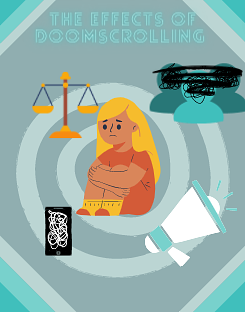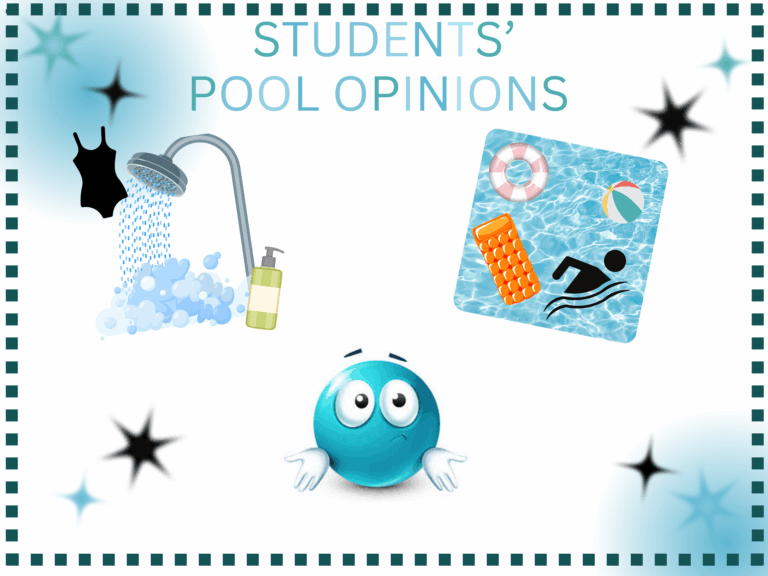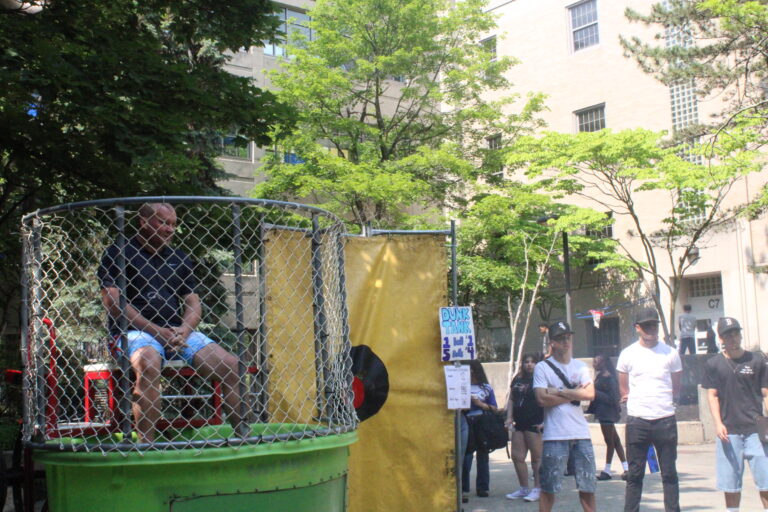
In 2014, a study surveyed 4,675 Americans after the events of the Boston Marathon bombings and collected info on how much media they consumed. Participants who engaged with more than six hours of media coverage per day were nine times more likely to also experience symptoms of high acute stress than those who only watched a minimal amount of news, making those constant social media users more susceptible to depression and anxiety.
We live in a generation where we have unlimited access to technology right at our fingertips. This can be helpful for so many people, across the world. Loved ones can talk from thousands of miles away, education can persist in the face of a global pandemic, and the masses have the ability to always be armed with the truth. Right?
Unfortunately, it’s not and has never been that simple. Of course, our lives have been improved in ways we never thought possible, but now we’ve grown past our days of dial-up and modem, we’ve created ways to let misinformation reign. We all have a story where we, or someone we know, fell for a lie online. Whether it was a virus or a simple fib, we’ve all messed up. That’s just human nature to slip up occasionally.
It’s also in our nature to require knowledge above all. We need to know how things happened, what to know, who to believe, and when things happened. Co-Founder of the counseling and wellness center of Pittsburg hypothesizes that “we’re hard-wired for it on an evolutionary level because if we learn about the big scary thing or we get the answers, then we can control our environment.”
It’s because of this, that we’ve come so far as a human race. This urge can lead to breakthroughs or victories but what happens when you have no revolutionary breakthrough, and you’re trying to find out how a corrupt billionaire got away with something? What happens when you have no battle to win, but instead have to figure out why you’re friends went out on the town without you? We scroll. We search for more info. We look at more posts. For some, they can stop themselves. For others, they may scroll for hours.
The National Institute of Health defines this as “doomscrolling”. A “commonly defined habit of scrolling through social media and news feeds where users obsessively seek depressing and negative information”.
Most of the time, this is unconscious. A tragedy may happen, we may see all of our friends in a photo without us, or we may just be looking at too much negative content. Either way, we’re surrounding ourselves with material that’s bad for our mental health.
Researchers have linked this behavior to insomnia, anxiety, and poor mental health. The National Institute of Health proved this by running a study back in October of 2022. Where the results showed that in ages 18-64, doom-scrolling across social media, like Twitter, significantly and negatively linked to mental well-being, and harmony in life, while positively relating to psychological distress.
Now with the major move to virtual programs due to the pandemic, everyone across the globe now extremely susceptible to lowering our mental health, just by looking at the wrong things on social media, and with the majority of minors being online, we poison our heads by reading and watching all these horrible things.
These minute things will cause us to scour social media for answers, filling us up with negativity, and harming us in the long run. We’ll read more and more horrible things, but we won’t stop because of how easy it is to keep going when the next post is only a scroll away.
So how do we avoid falling for this? How do we stop? It has never been as simple as putting the phone down but one strategy is to turn off notifications for certain apps to limit temptation. Another is to take frequent breaks from social media. Whenever you feel overwhelmed, sometimes the best thing to do is to avoid being able to surround yourself with negativity.
All sources have been cited and are located at the bottom, in chronological order of use. All sites have been vetted to be sure they are pro-science and highly factual.
Plackett, Benjamín. “The Science of Doomscrolling.” Inside Science, 25 Nov. 2020, https://www.insidescience.org/news/science-doomscrolling.
Satici, Seydi Ahmet, et al. “Doomscrolling Scale: Its Association with Personality Traits, Psychological Distress, Social Media Use, and Wellbeing.” Applied Research in Quality of Life, U.S. National Library of Medicine, 19 Oct. 2022, https://www.ncbi.nlm.nih.gov/pmc/articles/PMC9580444/.
“Mental Health Experts Warn about Dangers of ‘Doomscrolling’.” CBS News, CBS Interactive, 21 Sept. 2020, https://www.cbsnews.com/pittsburgh/news/mental-health-experts-warn-about-dangers-of-doomscrolling/.





